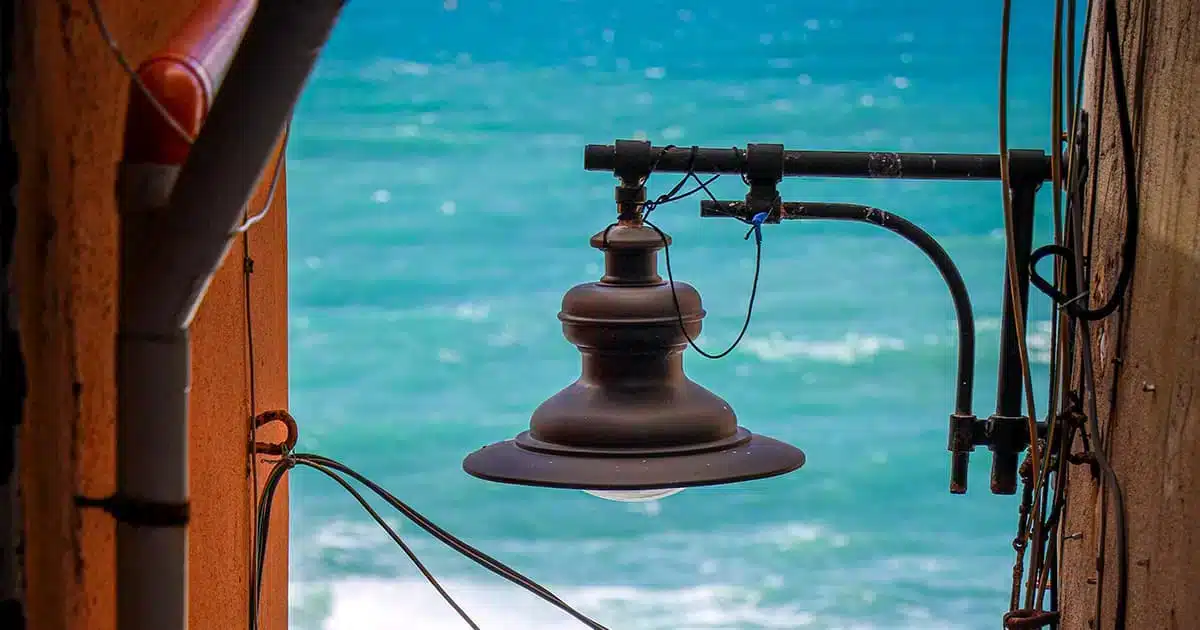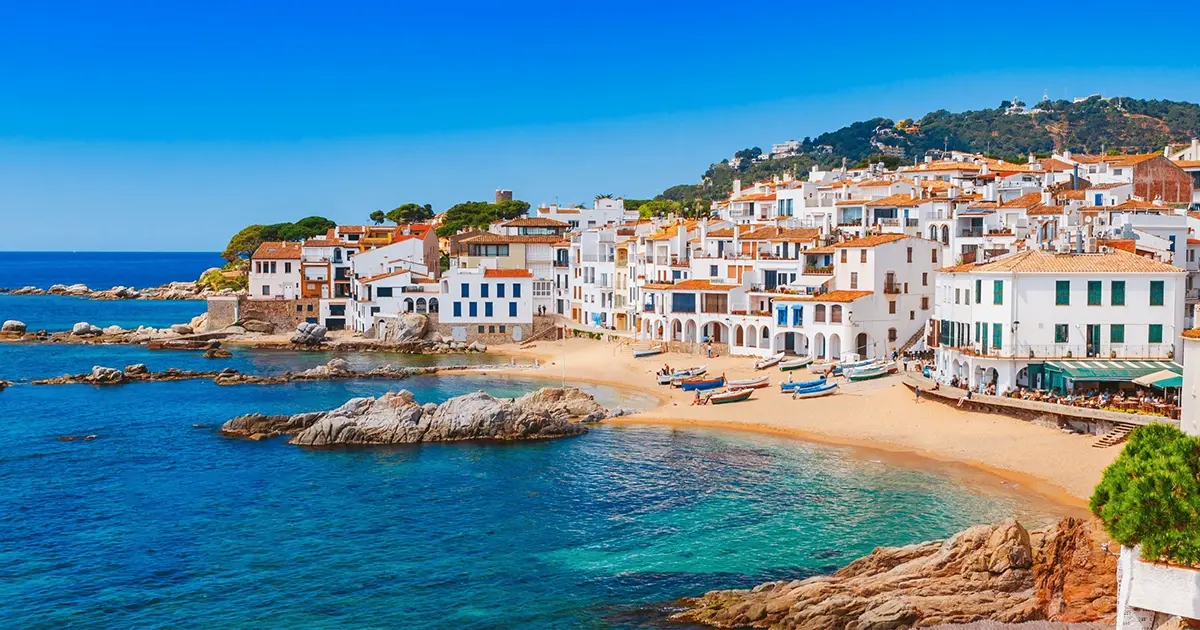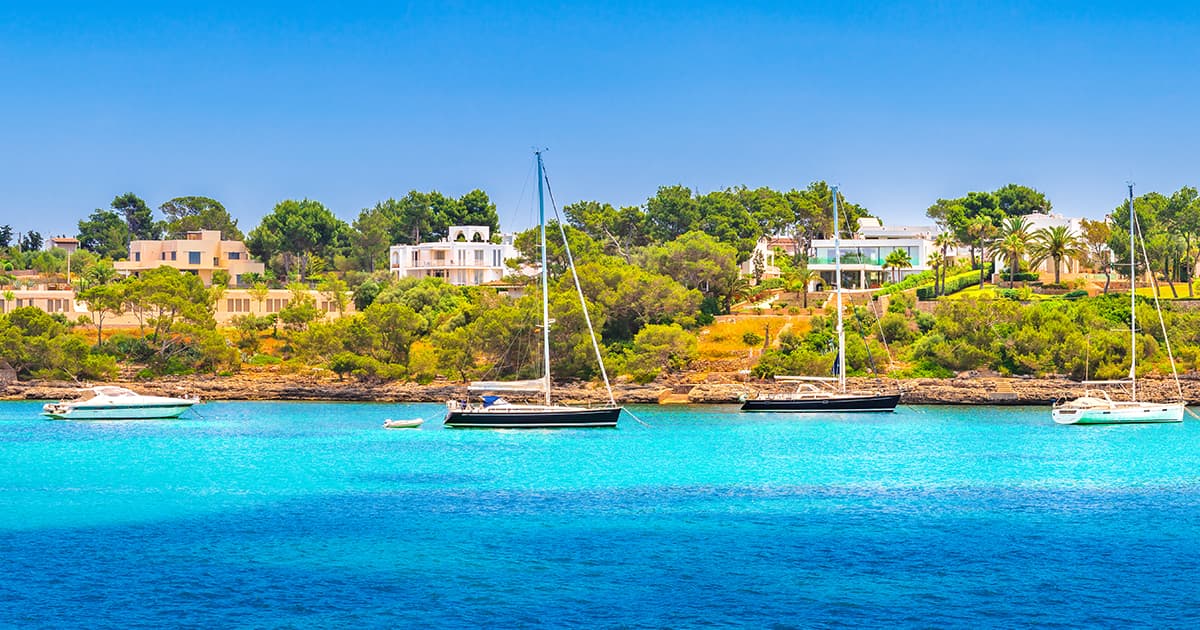
Is Buying a House in Spain Worth It in 2025? Pros, Costs & Long-Term Value
Last update: September 3, 2025
Reading time: 9.6 min
Is Buying a House in Spain Worth It in 2025?
Despite regulatory changes and growing demand, Spain continues to offer compelling advantages for foreign property buyers—whether you’re looking to live, retire, or invest.
Exceptional Quality of Life
Spain remains one of the top destinations in Europe for good reason: over 300 days of sunshine per year in many regions, a Mediterranean diet recognized by the WHO, a strong focus on family and leisure, and a slower pace of life that promotes well-being. For retirees and remote workers alike, the lifestyle value is hard to beat.
Lower Cost of Living
Compared to France, Germany, or the UK, Spain offers significantly lower prices for housing, groceries, dining out, transport, and private healthcare. This makes day-to-day life not only more enjoyable but also more financially sustainable—especially for those on a fixed income.

High-Quality Healthcare
Spain has one of the most efficient public healthcare systems in Europe. Residents (including long-term visa holders) can access free or low-cost care, while private insurance remains affordable—with plans starting at around €50/month. This is a major draw for retirees and families relocating full-time.
Established Expat Communities
In areas like Costa del Sol, Alicante, and Valencia, foreign buyers benefit from active international communities, English-speaking services, and infrastructure that’s already adapted to expat life. This makes integration much easier, especially if you don’t speak Spanish fluently.
Pathways to Residency
While Spain is phasing out the Golden Visa program, other residency options remain available for non-EU buyers, including the Non-Lucrative Visa and the Digital Nomad Visa. Property ownership isn’t required for residency—but it can strengthen your case, especially when demonstrating ties to the country.
The Pros of Buying a House in Spain
Buying a house in Spain has long been seen as a dream move—sunshine, sea views, and a relaxed lifestyle for a fraction of the cost of other Western European countries. But is it still a smart decision in 2025?
With rising property prices, evolving residency rules, and regional rental restrictions, many prospective buyers are now asking:
“Is it still worth investing in property in Spain this year?”
In this article, we’ll break down everything you need to consider—from lifestyle benefits and financial costs to market performance, rental income potential, and legal challenges. Whether you’re a retiree, investor, or someone seeking a change of scenery, this guide will help you make an informed decision.
Let’s explore whether buying property in Spain in 2025 is the right move for you.
The Costs Involved (Beyond Just the Purchase Price)
While Spain offers attractive property prices compared to many other countries, it’s essential to plan for the full picture—including both initial and ongoing costs. Failing to account for these can quickly turn a great deal into an unexpected expense.
Upfront Costs
When purchasing a property in Spain, you’ll need to budget an additional 10–15% on top of the sale price. These costs typically include:
-
Property Transfer Tax (ITP) for resales: 6–10% depending on the region
-
VAT (IVA) + Stamp Duty on new builds: 10% VAT + 0.5–1.5%
-
Notary, registration, and legal fees: 1–3% combined
-
Mortgage setup costs (if applicable): appraisal fees, bank charges, translation of documents
Ongoing Property Costs
After you’ve purchased, owning a home in Spain still comes with responsibilities:
-
IBI (Annual Property Tax): calculated on cadastral value, varies by town
-
Garbage and community fees: especially in urbanizations or apartments
-
Utilities: Electricity, water, gas, and internet
-
Home insurance: Required by lenders, recommended for all
-
Non-resident income tax: Even on second homes not rented out (imputed value)
-
Property management fees: if renting or maintaining from abroad
Currency Exchange and International Transfers
Non-euro buyers should consider fluctuations in exchange rates and international transfer fees. Using a currency broker can help lock in favorable rates and save thousands.
Investment Potential in 2025
Spain has long attracted international investors looking for stable returns, and 2025 is no exception. While some markets are tightening, real estate remains a strong long-term asset class—especially in key regions with consistent demand.
Property Prices Are Still Rising
Nationwide, Spanish property prices increased by 9.6% in 2024, with certain regions experiencing even stronger growth:
-
Alicante (Costa Blanca): +21.3%
-
Valencia: +19.8%
-
Balearic Islands: +19.5%
-
Madrid: +13.6%
Forecasts for 2025 suggest more moderate but steady growth of 5–6%, especially in areas with constrained housing supply and high international interest.
Strong Rental Yields and Occupancy
Spain’s housing shortage—combined with tourism demand—continues to drive up rental prices. Long-term rental yields average 4–6%, with tourist hotspots reaching up to 7% (for short-term lets where licenses are available).
High-performing areas for rental investment include:
-
Madrid and Barcelona (long-term urban rentals)
-
Costa del Sol (holiday lets and luxury rentals)
-
Valencia and Alicante (emerging coastal demand)
⚠️ Note: Always check local regulations for tourist rental licenses. Some cities limit Airbnb-style rentals or freeze new permits altogether.
Foreign Buyer Activity Remains High
In 2024, over 87,000 properties were bought by non-Spanish nationals, representing 15.2% of all transactions. Buyer interest remains particularly strong from the UK, France, Germany, the Netherlands, and the U.S.—fueling demand in both urban and coastal areas.
Infrastructure and Economic Development
Regions like Valencia, Málaga, and Murcia are benefiting from infrastructure upgrades and EU funding—further boosting their long-term appeal. Improved connectivity, digital infrastructure, and airport access are supporting both lifestyle buyers and remote workers.
Buying in Spain is still a sound investment in 2025—especially for those who prioritize stable returns, lifestyle value, and mid- to long-term growth.
Risks & Challenges to Consider
While the Spanish real estate market offers strong lifestyle and investment appeal, it’s important to go into your purchase with realistic expectations. Understanding the risks will help you avoid costly mistakes and ensure your experience is as smooth as possible.
Legal Complexities and Bureaucracy
The buying process in Spain involves multiple legal documents, official translations, and regional procedures. Mistakes in paperwork, delays in registry updates, or failure to verify property debts can all lead to serious issues. That’s why hiring a qualified, independent lawyer (not tied to the seller or agent) is essential.
Rental Restrictions
Cities like Barcelona, Madrid, and Palma de Mallorca have introduced strict rental licensing laws. In some areas, new short-term rental permits are suspended or only allowed in specific zones. This directly impacts the rental income potential of many investment properties.
Always check local legislation before buying with rental plans in mind.
Overpaying in Competitive Markets
Certain areas—like Mallorca or Marbella—are experiencing a surge in demand, which has inflated prices. If you’re not familiar with the local market or rely too heavily on promotional listings, you may overpay or face limited appreciation potential.
Currency and Interest Rate Fluctuations
For non-Eurozone buyers, currency risk is real—especially when transferring large sums. In addition, mortgage rates in Spain have risen slightly, and non-residents often face stricter lending conditions.
Emotional Buying
Many foreign buyers fall in love with a property during a short holiday and skip due diligence. While emotion plays a role in every purchase, it’s crucial to base your decision on research, legal checks, and financial planning—not just the view from the terrace.
Buying in Spain is absolutely doable—but only if you prepare properly, seek expert help, and understand the local conditions.
⚠️ Note: Always check local regulations for tourist rental licenses. Some cities limit Airbnb-style rentals or freeze new permits altogether.
Foreign Buyer Activity Remains High
In 2024, over 87,000 properties were bought by non-Spanish nationals, representing 15.2% of all transactions. Buyer interest remains particularly strong from the UK, France, Germany, the Netherlands, and the U.S.—fueling demand in both urban and coastal areas.
Infrastructure and Economic Development
Regions like Valencia, Málaga, and Murcia are benefiting from infrastructure upgrades and EU funding—further boosting their long-term appeal. Improved connectivity, digital infrastructure, and airport access are supporting both lifestyle buyers and remote workers.
Buying in Spain is still a sound investment in 2025—especially for those who prioritize stable returns, lifestyle value, and mid- to long-term growth.
Who Should (and Shouldn’t) Buy in Spain in 2025?
While Spain remains an attractive destination for many foreign buyers, it’s not the right fit for everyone. Your motivations, finances, and long-term goals should guide whether you move forward with a purchase—or consider renting or waiting.
Buying in Spain Might Be Right for You If:
-
You plan to stay long-term
Whether retiring, relocating, or working remotely, buying makes more sense the longer you stay. It offers stability, potential residency benefits, and long-term value. -
You’re looking for a lifestyle upgrade
If your priority is quality of life—sunshine, affordable healthcare, outdoor living—Spain offers significant lifestyle value at a relatively low cost. -
You have passive income or job flexibility
Digital nomads, remote workers, and retirees with stable income streams often find Spain’s cost of living and infrastructure ideal for day-to-day life. -
You want to generate rental income (and are licensed)
For buyers with the proper rental permits, especially in tourist areas, Spanish properties can generate strong seasonal or year-round returns.
You Might Want to Hold Off If:
-
You’re only staying short-term
If you’re planning to stay less than 3 years, the upfront costs and complexity of buying may outweigh the benefits. Renting gives more flexibility. -
You’re focused on quick capital gains
While the market is growing, Spain is not a get-rich-quick environment. Appreciation tends to be steady, not explosive—especially after the 2008 correction. -
You’re unprepared for taxes or paperwork
If you’re buying alone without legal advice, or unaware of tax obligations (like non-resident income tax or ITP), you risk expensive surprises.
Bottom line: buying a house in Spain in 2025 is worth it for the well-informed, long-term-minded, and lifestyle-driven buyer. But it’s not a one-size-fits-all solution.
So, Is Buying a House in Spain Worth It in 2025?
For many foreign buyers, the answer is still a clear yes—provided they approach the purchase with the right expectations and preparation.
Spain offers a rare combination of lifestyle, affordability, long-term investment potential, and legal pathways to residency. From sunny coastal towns to vibrant cities and up-and-coming regions, there’s a wide range of options to suit both personal and financial goals.
That said, buying property here comes with its own challenges: legal red tape, regional rental laws, and a buying process that can differ significantly from your home country. But with the right support—legal, financial, and local—you can minimize risks and confidently secure your place under the Spanish sun.
Thinking of buying a home in Spain?
Contact our team for personalized advice or to request a quote tailored to your project.








